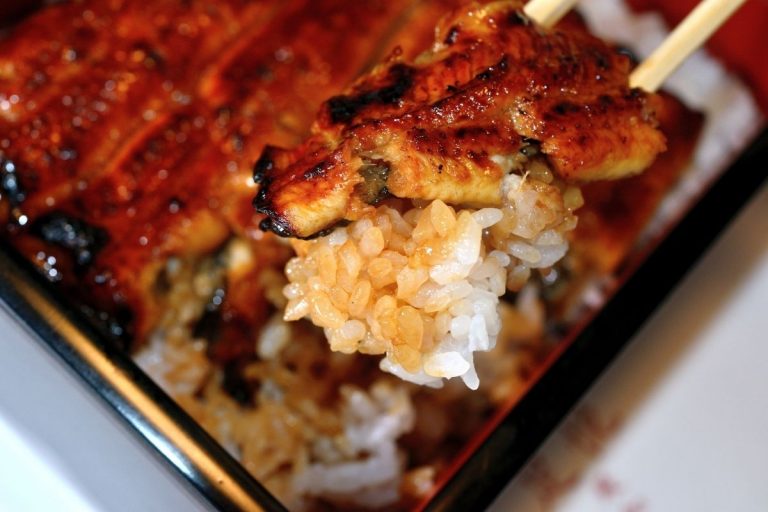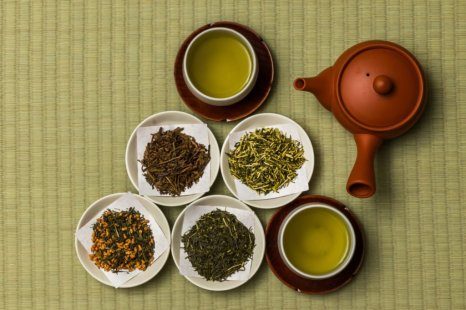The hakama is a skirt-type pants that is worn over the kimono. It is a traditional piece of samurai clothing. From its origin, it was intended to protect the legs of a rider. After the samurai, as a class, dismounted and became more like infantrymen, they persisted in donning the rider outfit because it distinguished them and made them easily identifiable.
There are different styles of hakama. The one he uses for martial arts today is called joba hakama, it is similar to pants and is very comfortable to walk on. The so-called lantern hakama was used in visits to the Shogun and the Emperor.
the 7 folds in the hakama
The 7 folds in the hakama (5 in the front and 2 in the back) are said to have the following symbolic meaning:
- Yuki = courage, courage, bravery
- Jin = humanity, charity, benevolence
- Gi = justice, righteousness, integrity
- Rei = etiquette, courtesy (also means reverence)
- Makoto = sincerity, honesty, reality
- Chugi = loyalty, fidelity, devotion
- Meiyo = honor, credit, glory; also reputation, dignity, prestige
For the Zen tradition:
- Earth
- Water
- Fire
- Wind
- Empty
- Yin
- Yang
The hakama can be worn with any type of kimono, except Yukata. While the piece used to be a mandatory part of men’s clothing, in modern times men generally wear hakama on formal occasions such as tea ceremonies, weddings and funerals. This clothing is also used, regularly, by practitioners of different martial arts disciplines, such as Karate, Kendo, Iaido, Taido, Aikido, Ryu-te and Kyūdō.
Hakama is seldom worn by women except at graduation ceremonies and for traditional Japanese sports such as Kyūdō, Aikido, and Kendo. The most iconic image of women in hakama are the maidens of the Miko shrine who assist in the maintenance and ceremonies of the Shinto shrines. Because the Hakama is a battle uniform for Samurai, it has great mobility and is exceptionally functional compared to the Kimono.
The hakama represents the values of the samurai, therefore its use must honor these values. The kimono is the traditional Japanese dress, while the hakama represents the honorary status of Samurai.
For travelers visiting Japan, it is recommended to have the experience of using the hakama.


